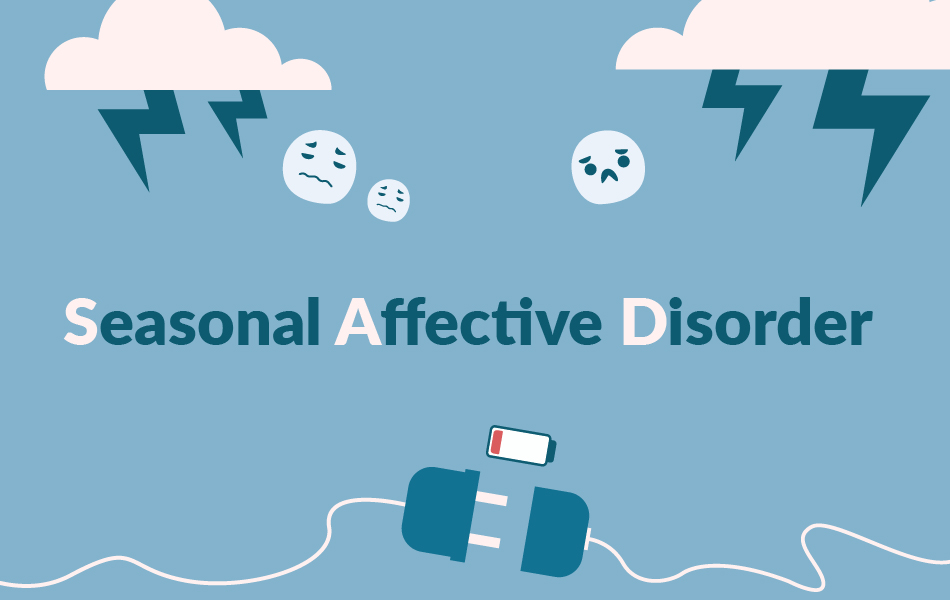
Women and Mental Health
August 5, 2019
Adjustment Disorder
September 2, 2019The golden oldies
The lack of care for senior citizens is a blight on many societies around the world today.
They are the ones who faced world wars, who established life with a fraction of the resources available to us today. And yet, these once upstanding, brave, and hard-working people have somehow fallen through the cracks in their golden years, forgotten by the societies they helped build and shape.
With growing attention on the area of mental health, it is the mental health of senior citizens that is commonly pushed aside. And this during a time when it is most needed, because the elderly tend to experience health issues more intensely, and also have to deal with age-associated conditions, like Alzheimer’s Disease.
It’s important to remember that the elderly still contribute to society, whether it be through work, family, or volunteer programs. For this reason, it is our responsibility to do right by them and ensure they get the support they need.
Risk factors for older adults
Although it is true that we face various risk factors for mental health problems throughout our lives, the older we are, the more these risks increase. That’s mostly because old age brings with it a sharp decline in functioning – both physical and mental – which directly affects mental health.
For instance, people over 60 might begin to experience limited mobility and chronic pain. Over 70, and you’re looking at frailty and the marked decrease in mental clarity. These are situations that require ongoing, long-term care. And that is why the mental health of senior citizens is considered a public health issue.
Take dementia and depression, for instance. Dementia is a chronic condition that gets progressively worse over time. It affects memory, behaviour, and thinking in such a way that it becomes very difficult for older people to perform even the most basic daily activities, like personal hygiene. In order to maintain quality of life, support is needed from health, social, and financial systems to help families and carers.
In the case of depression, the condition is commonly underdiagnosed in older patients, which leads to great suffering. In these cases, physical health problems associated with untreated depression lead to an increase in health care services required – all while the root of the problem persists.
What we should be doing
We should be aiming for the type of society that’s capable of managing the mental health requirements of its elderly. For this to happen, health care professionals must be adequately trained to prevent or manage chronic diseases associated with growing older.
Along with this, systems should be put in place for long-term care that helps older people maintain a sense of dignity in their waning years. By promoting ways to age that are healthy and active, we ensure the older population establish a good foundation for growing old gracefully.
At the same time, these strategies must be supported by policies, like proper housing, access to health care, social support, and community development. In this way, we as a society will provide a safe, secure environment for our elderly to age without concern for being forgotten.
It’s our responsibility to make the best for them while we have them, because all too soon they will be lost to us forever. And instead of regretting what could have been, we can help to make their final years ones of love and support. Please feel free to contact us at ZwavelStream Clinic if you would like some guidance in how this can be done.





